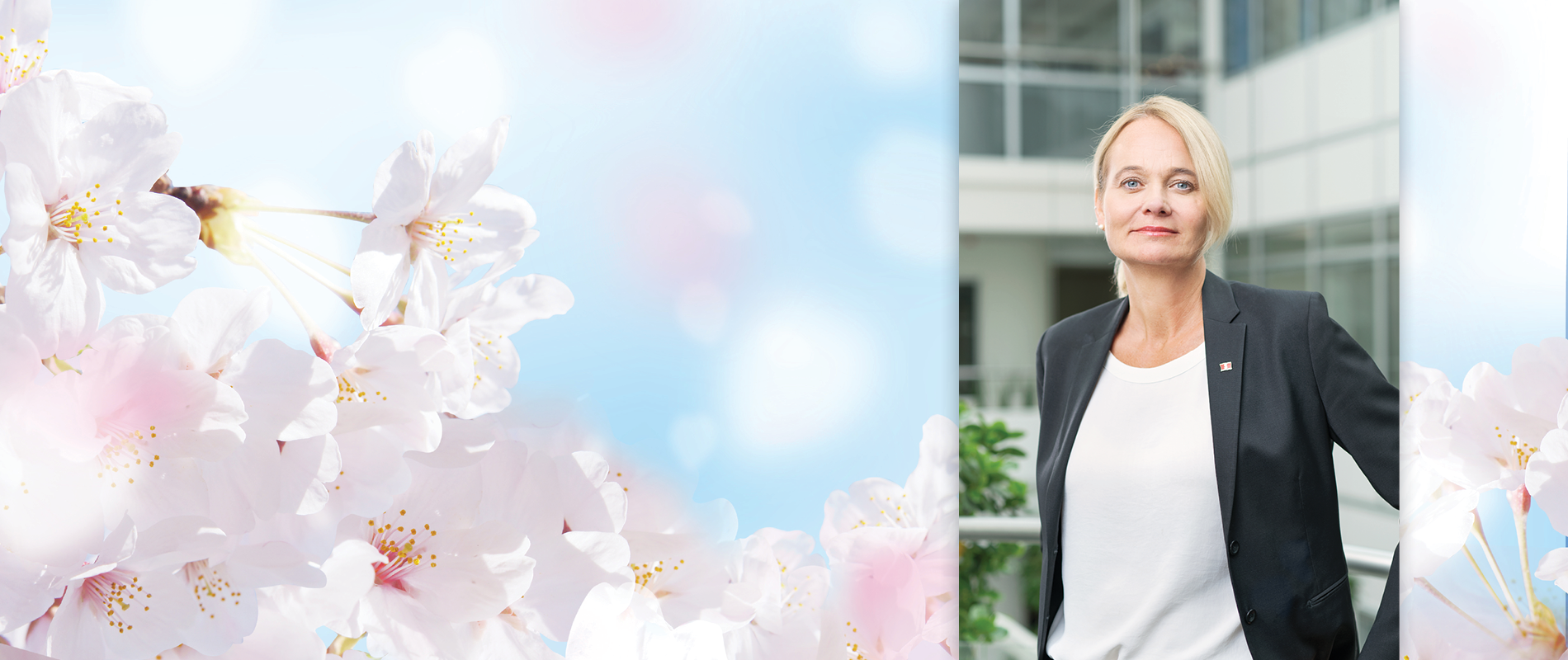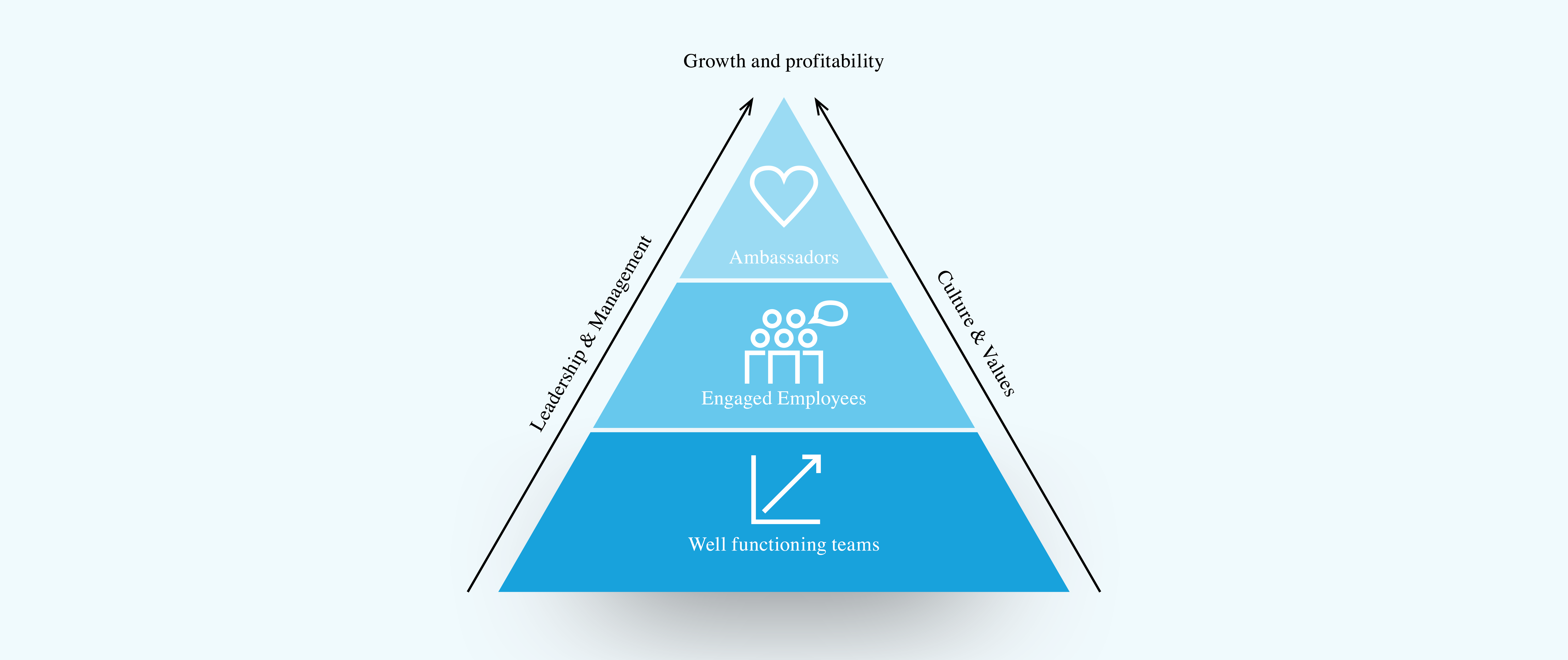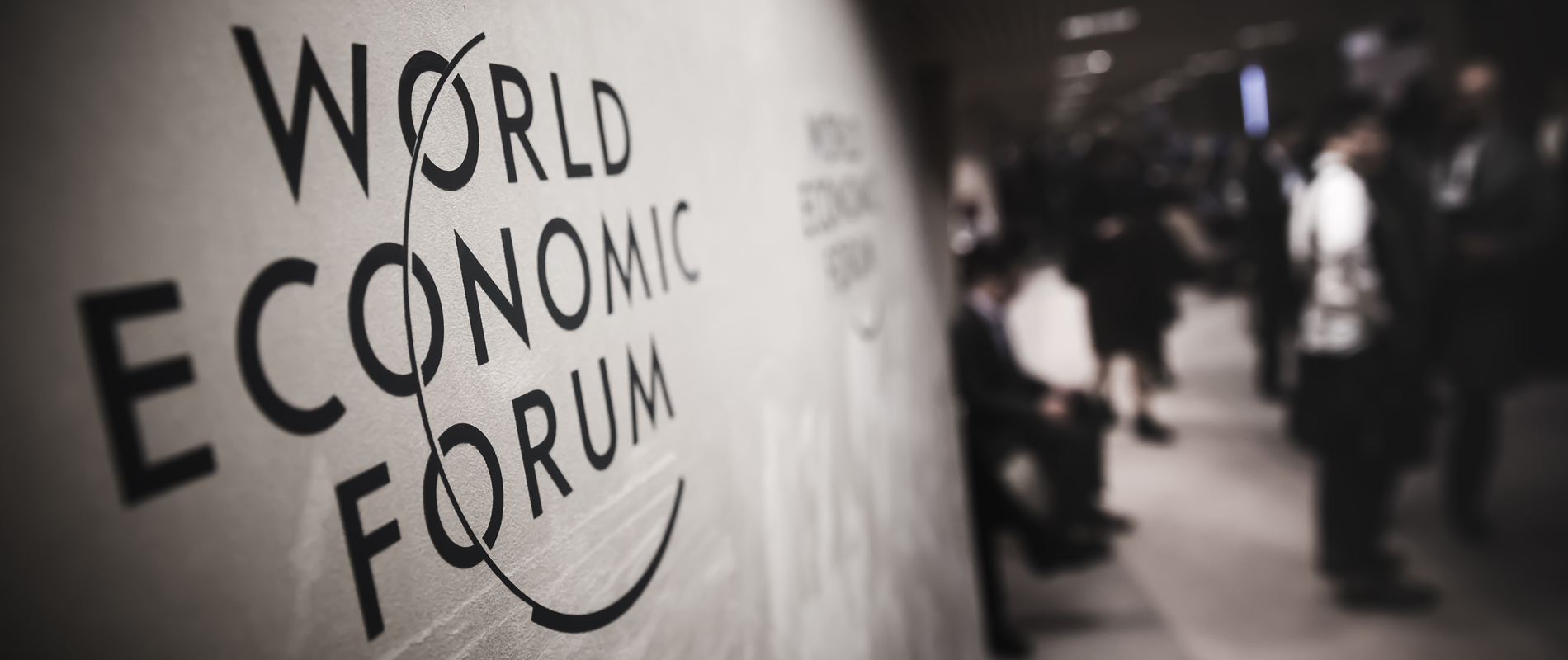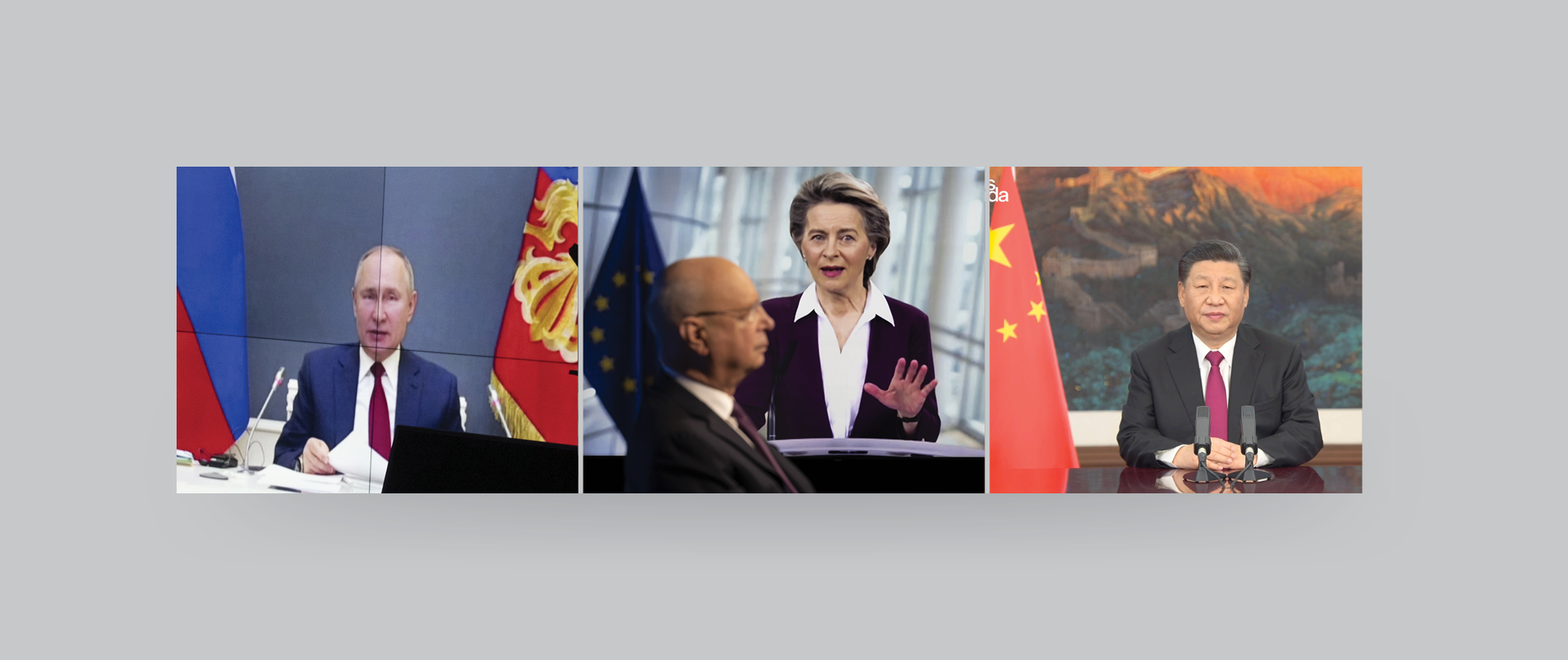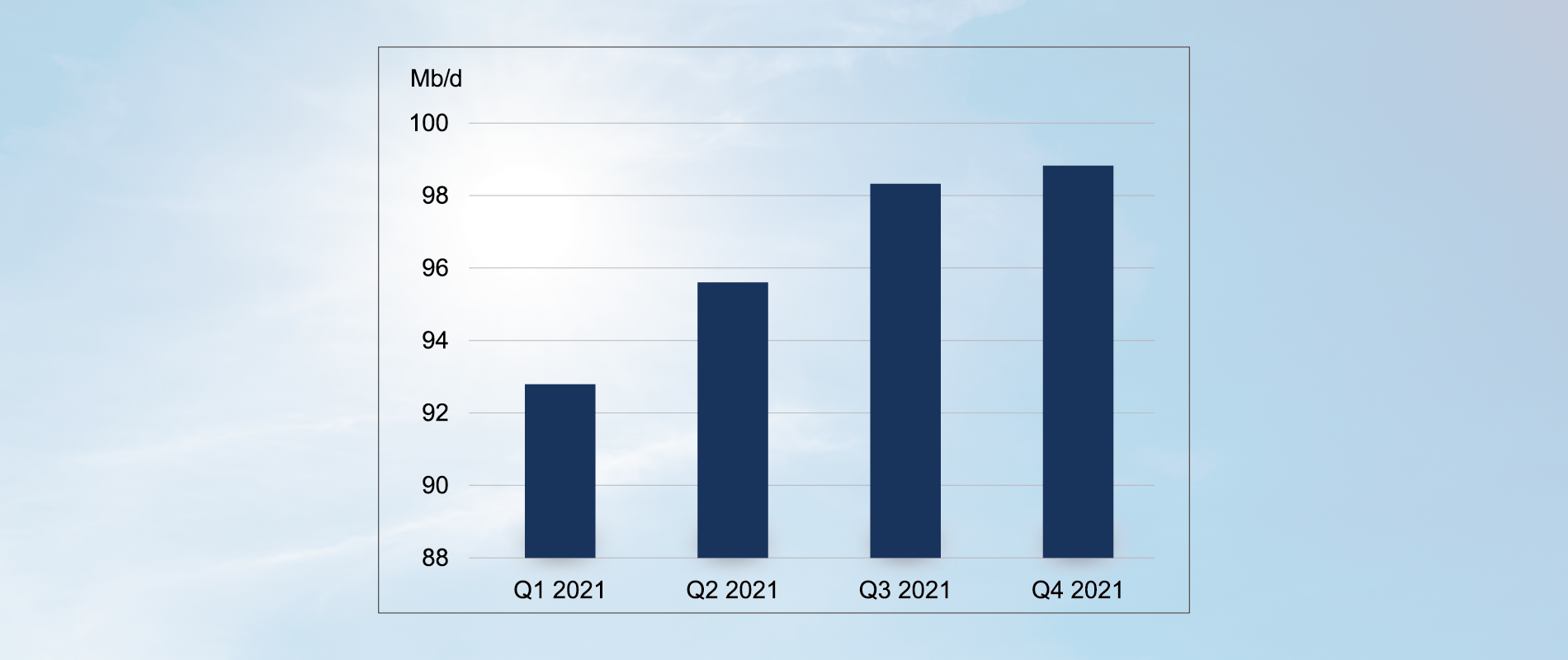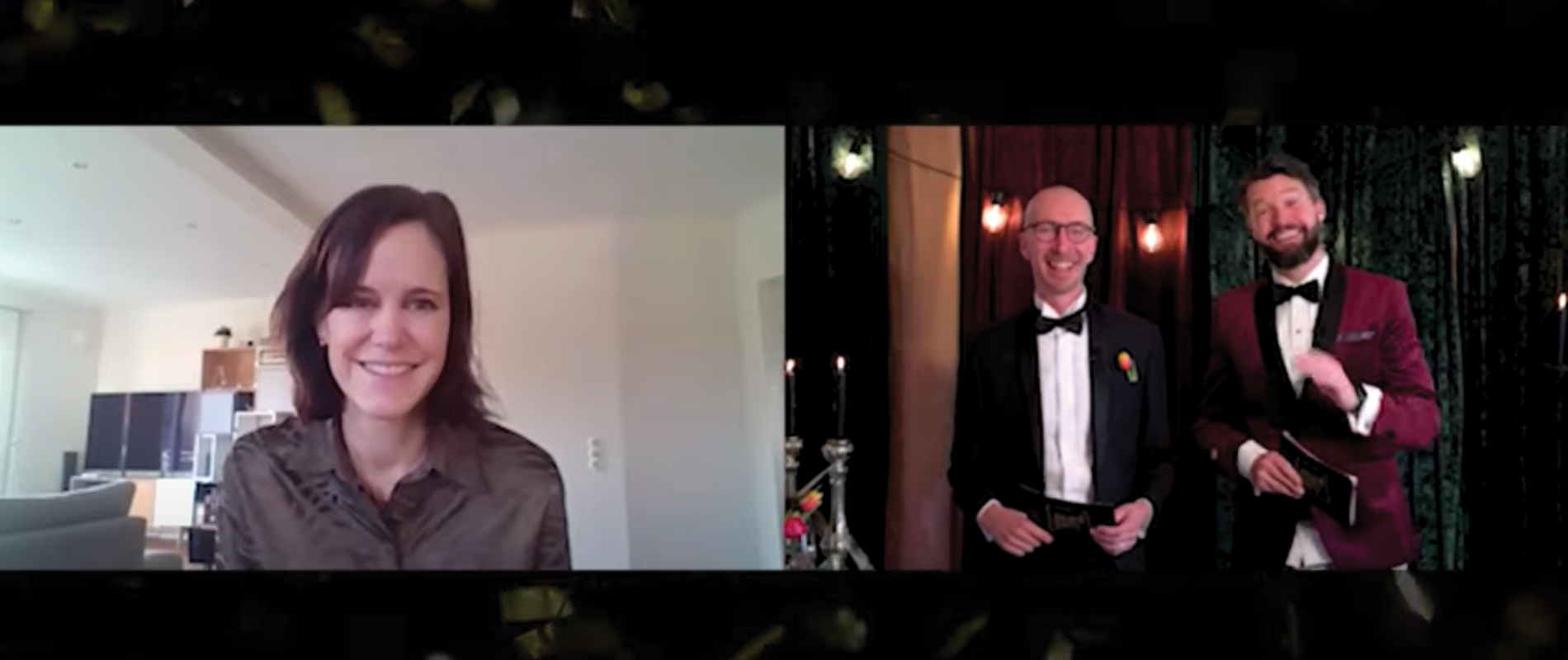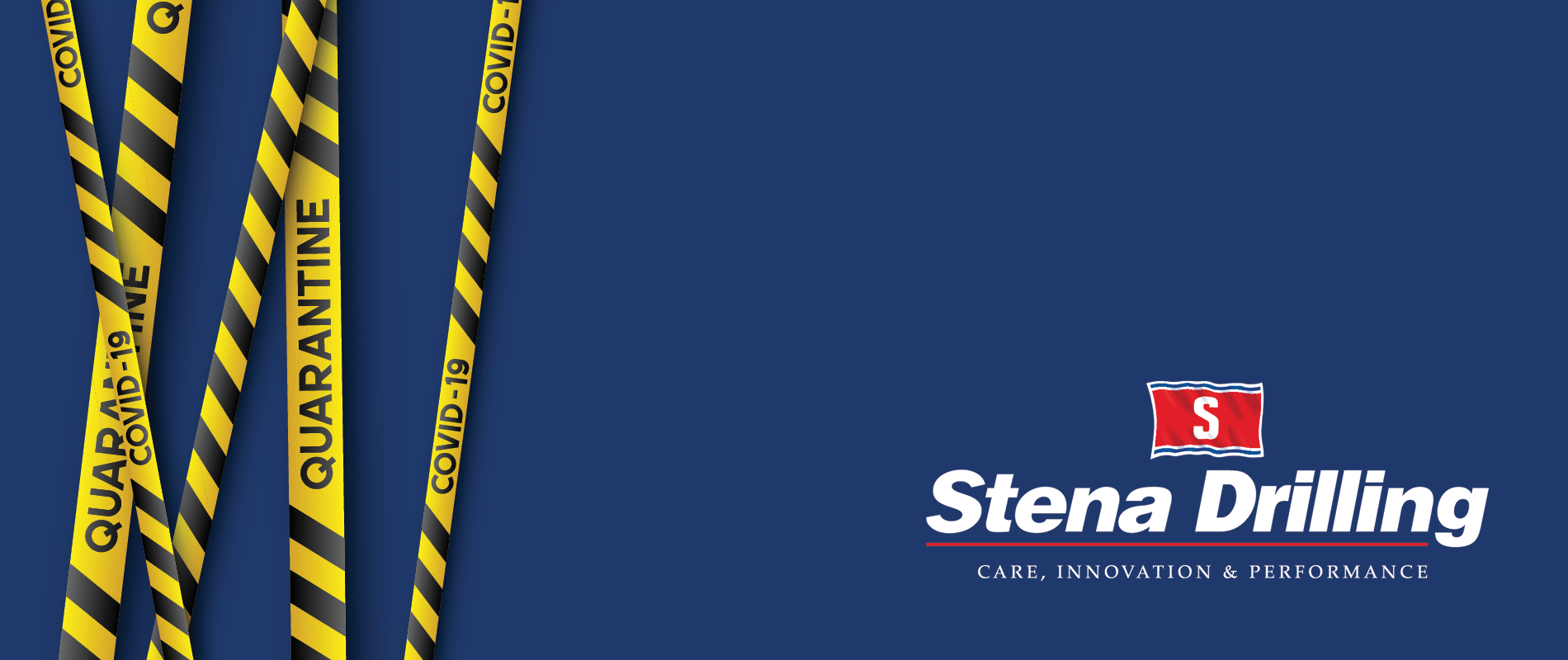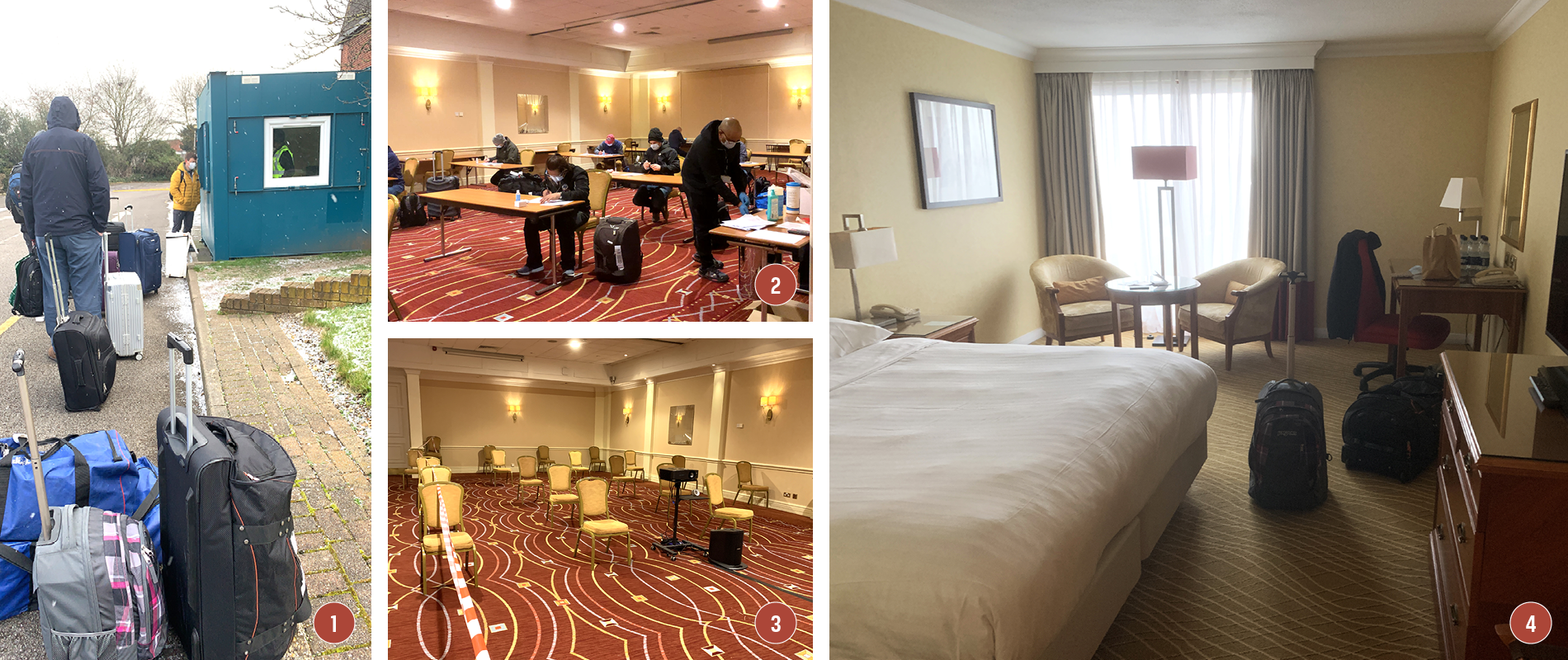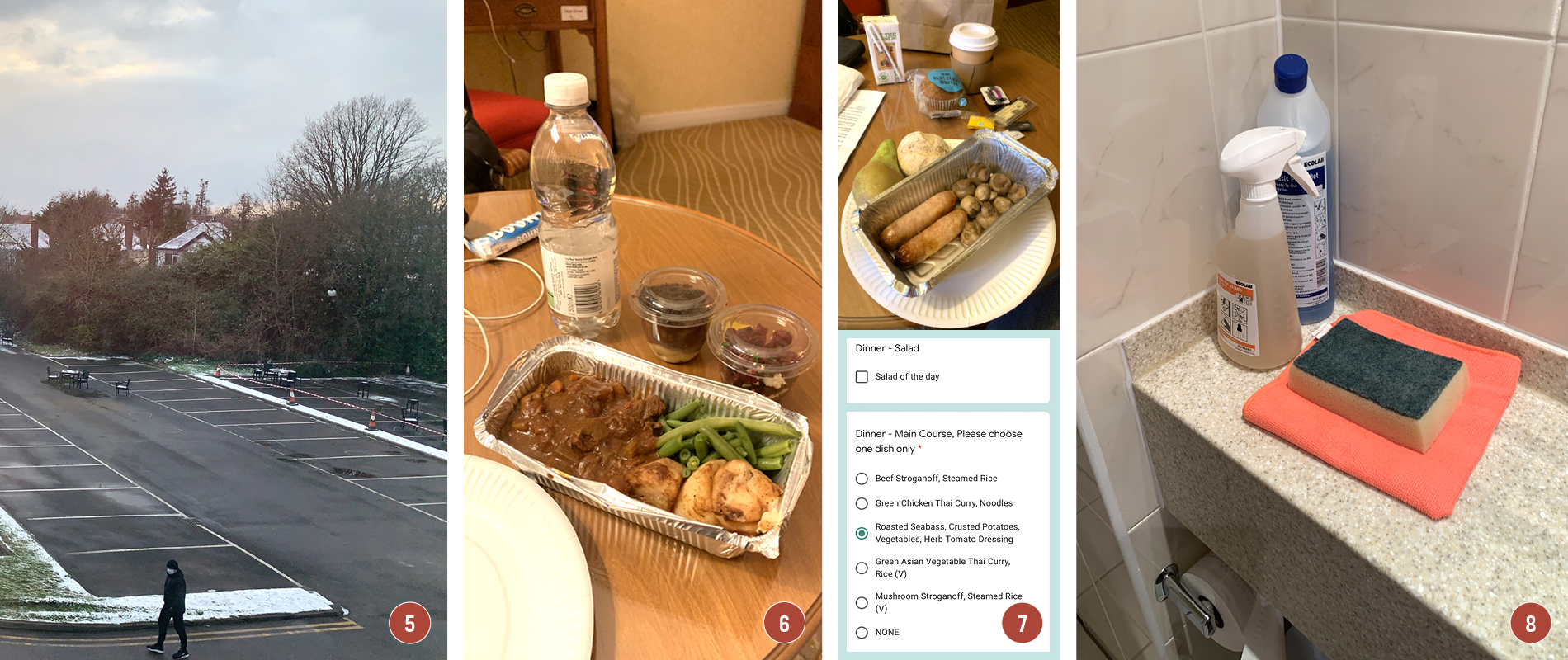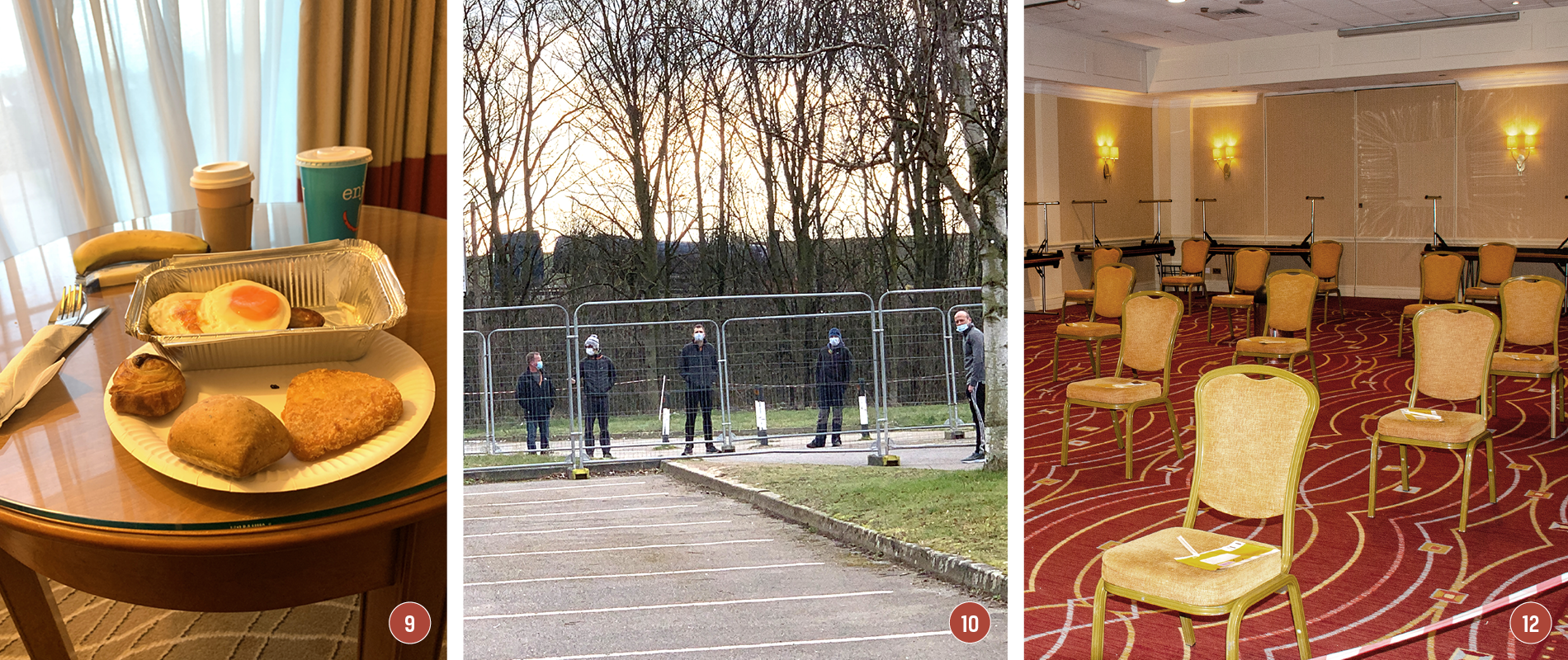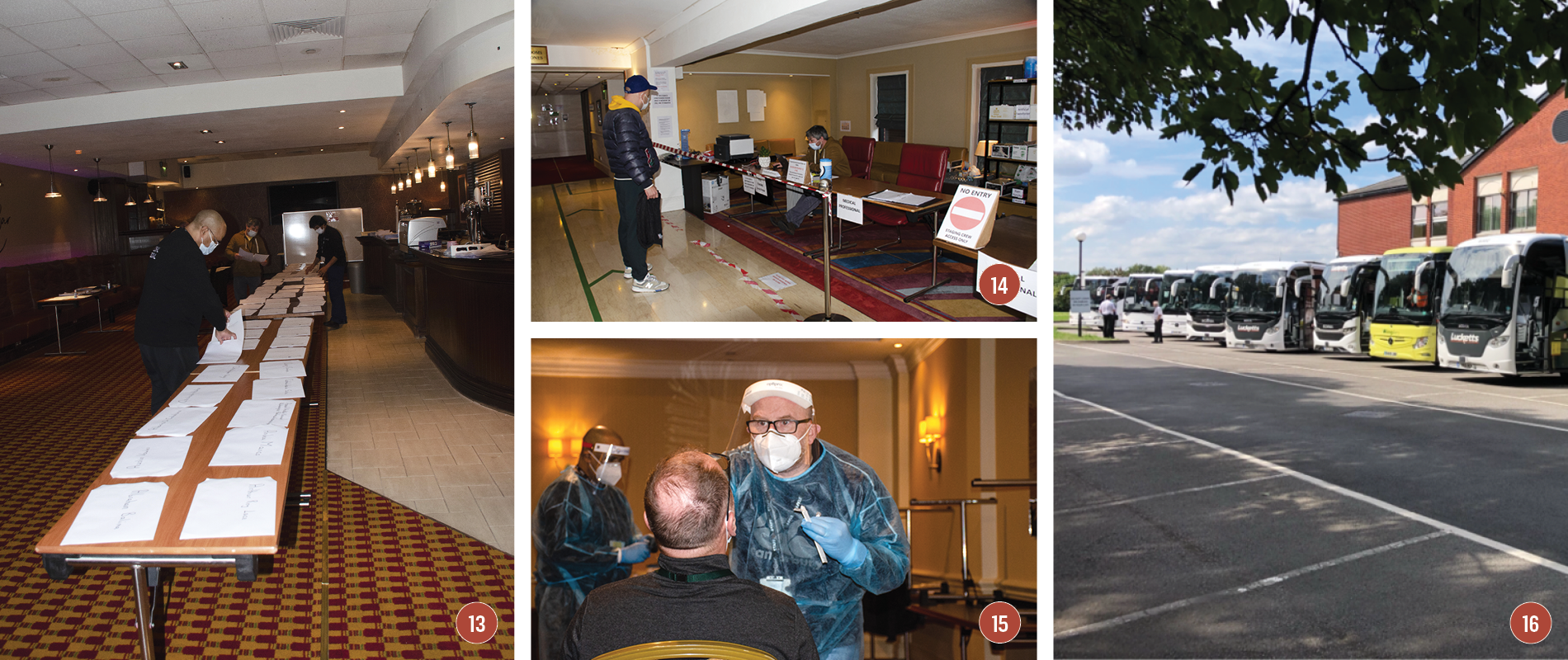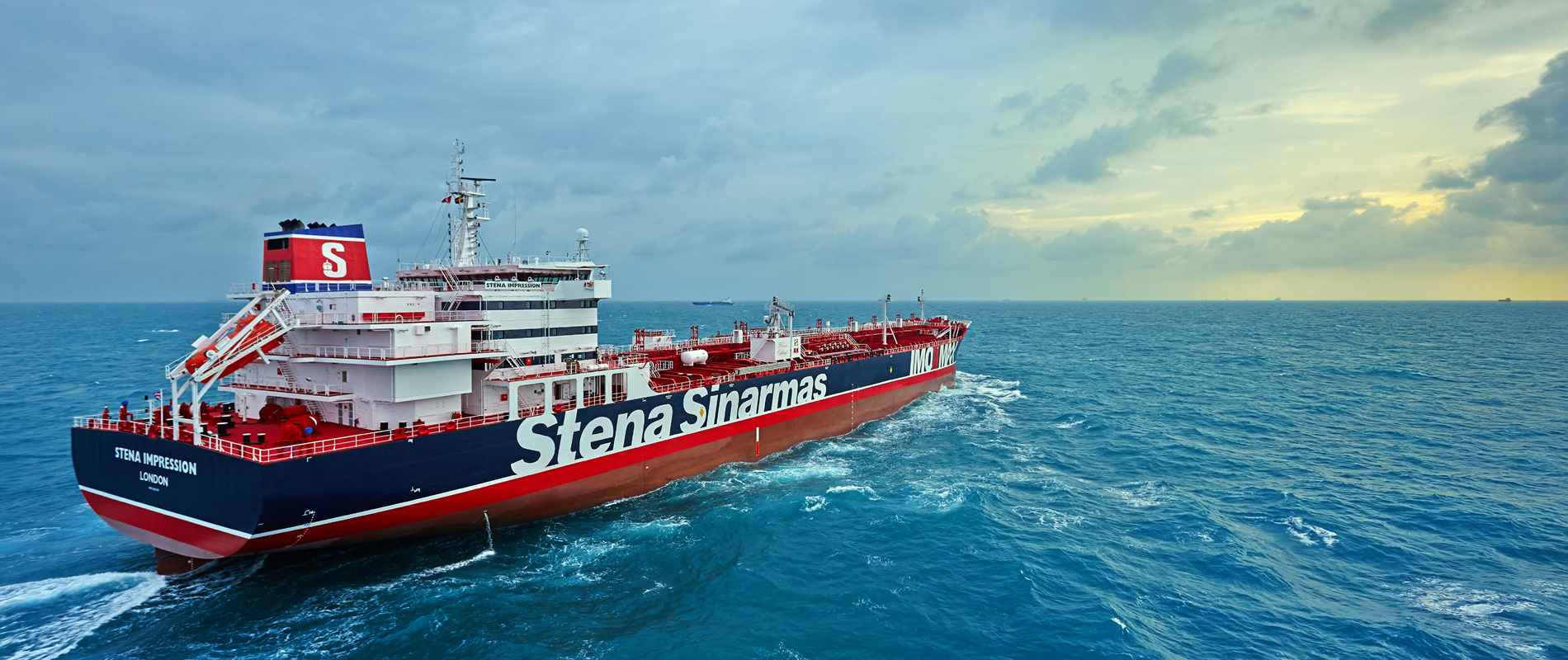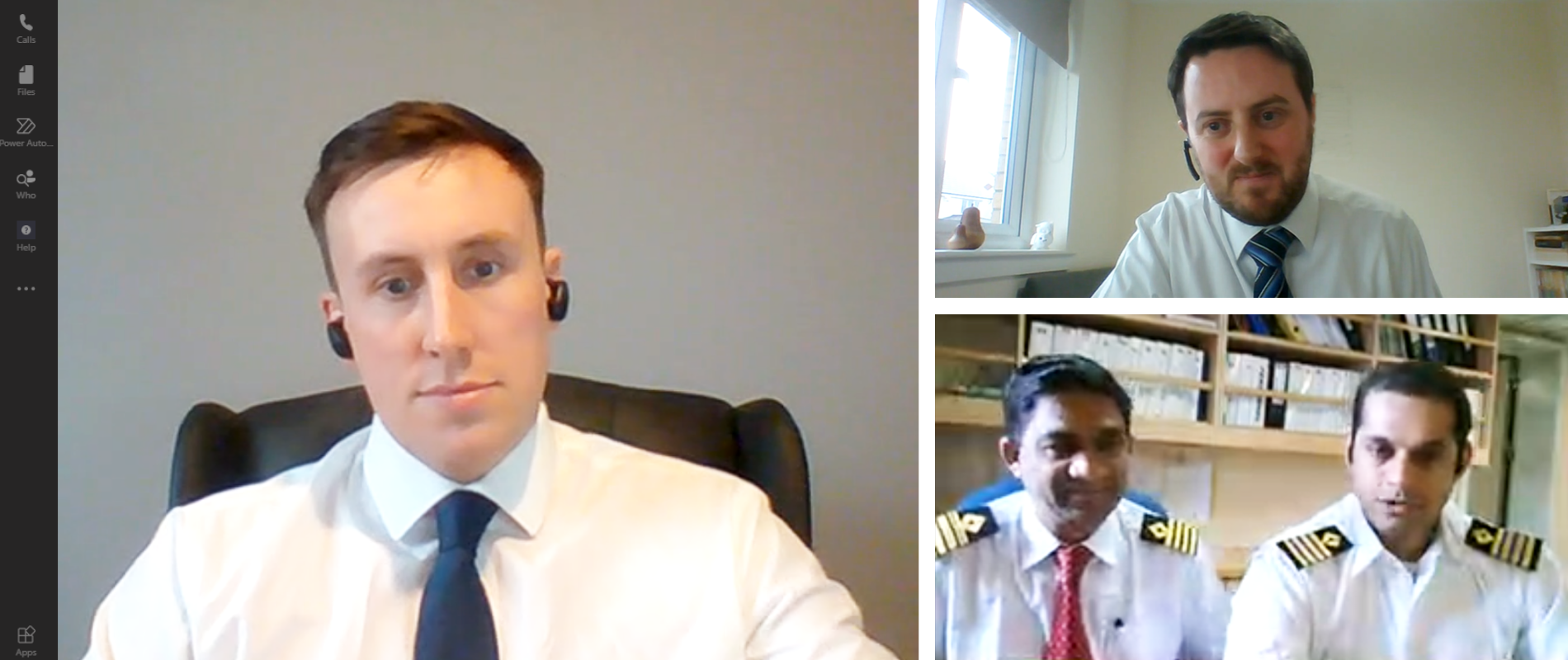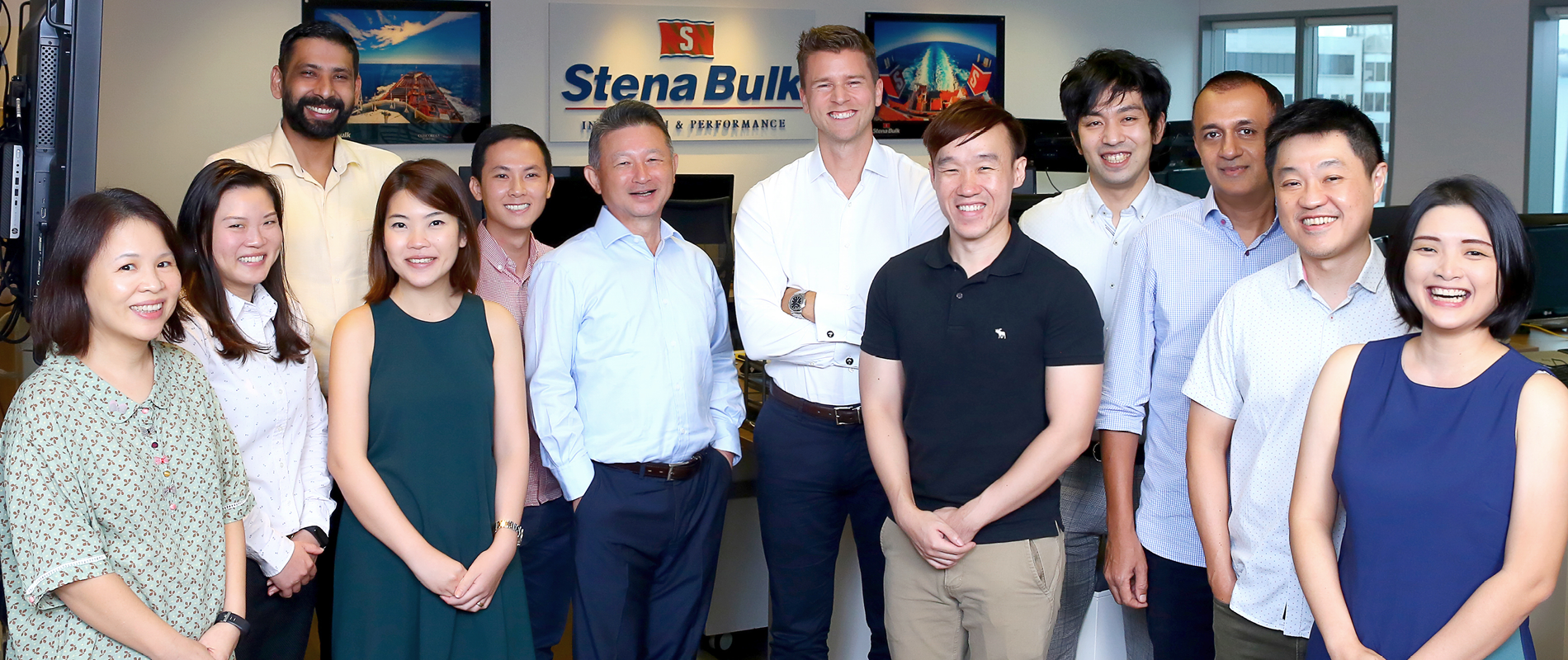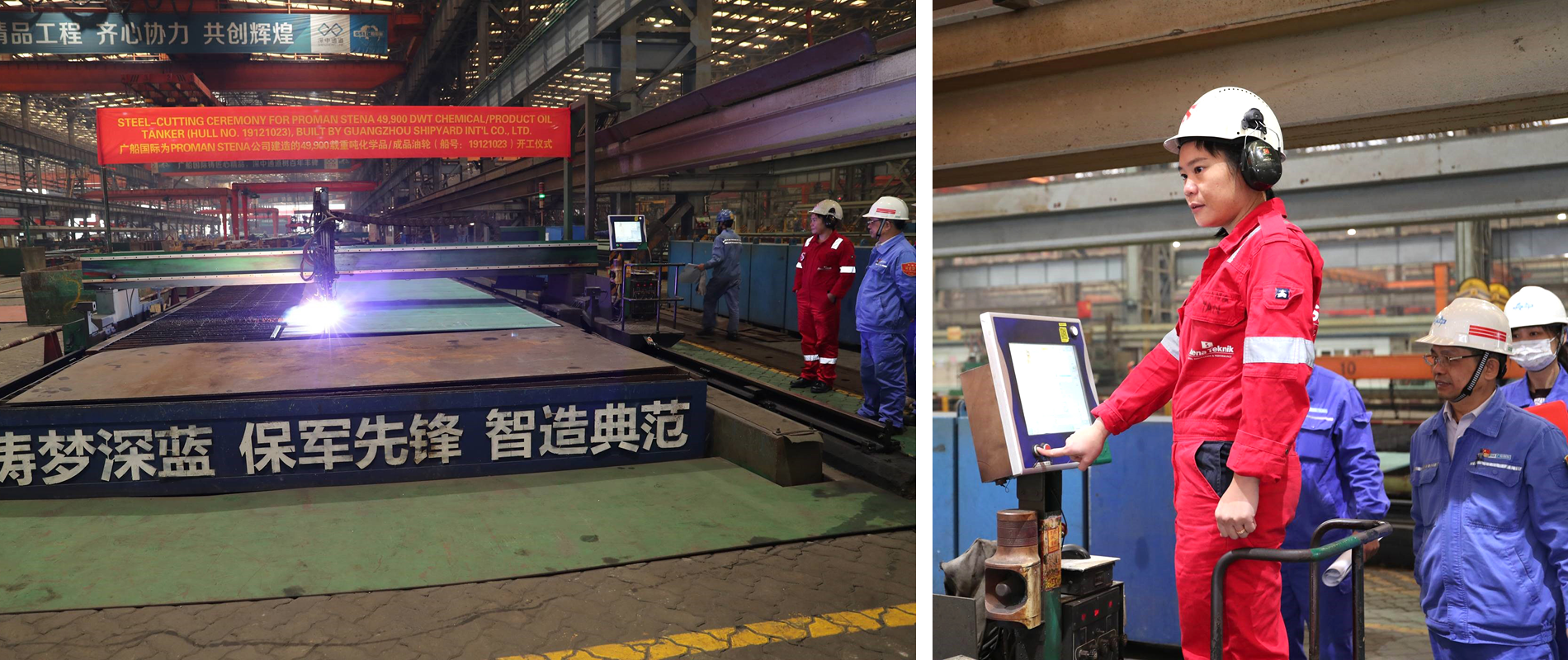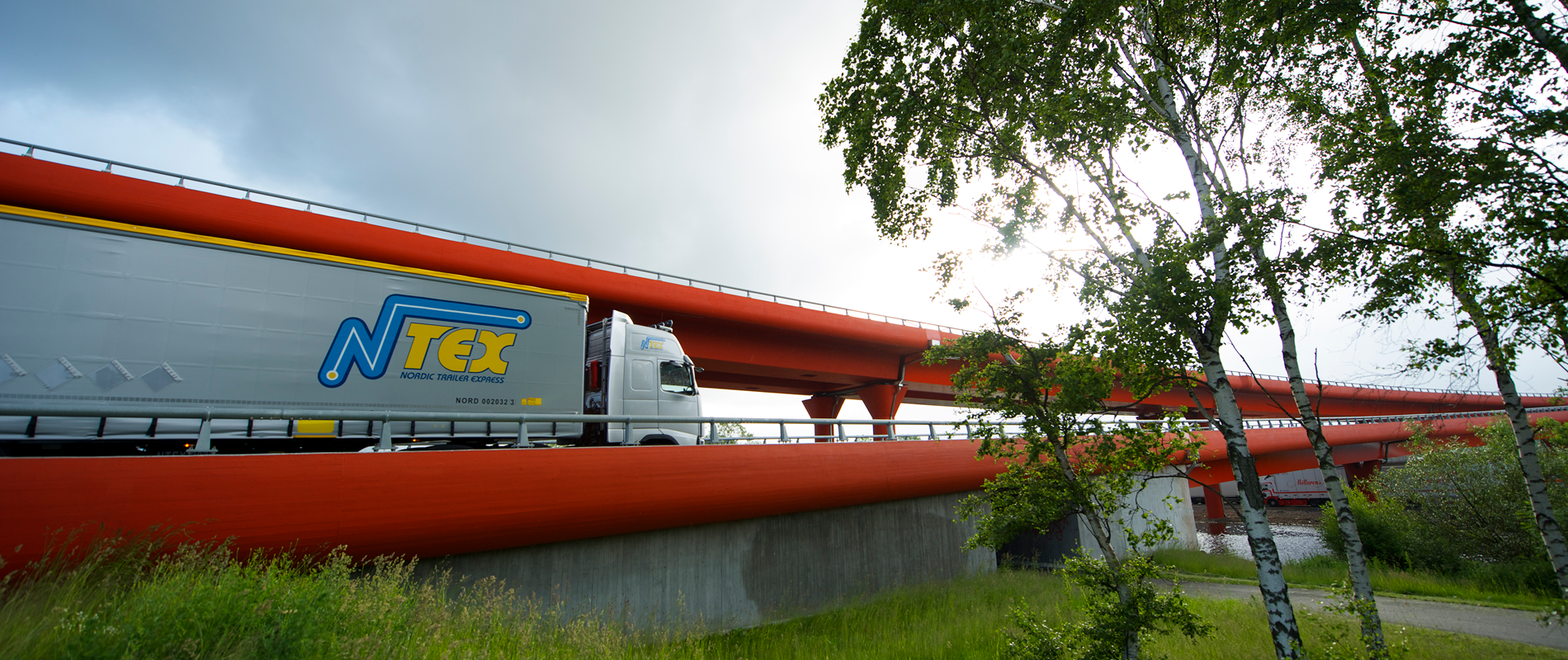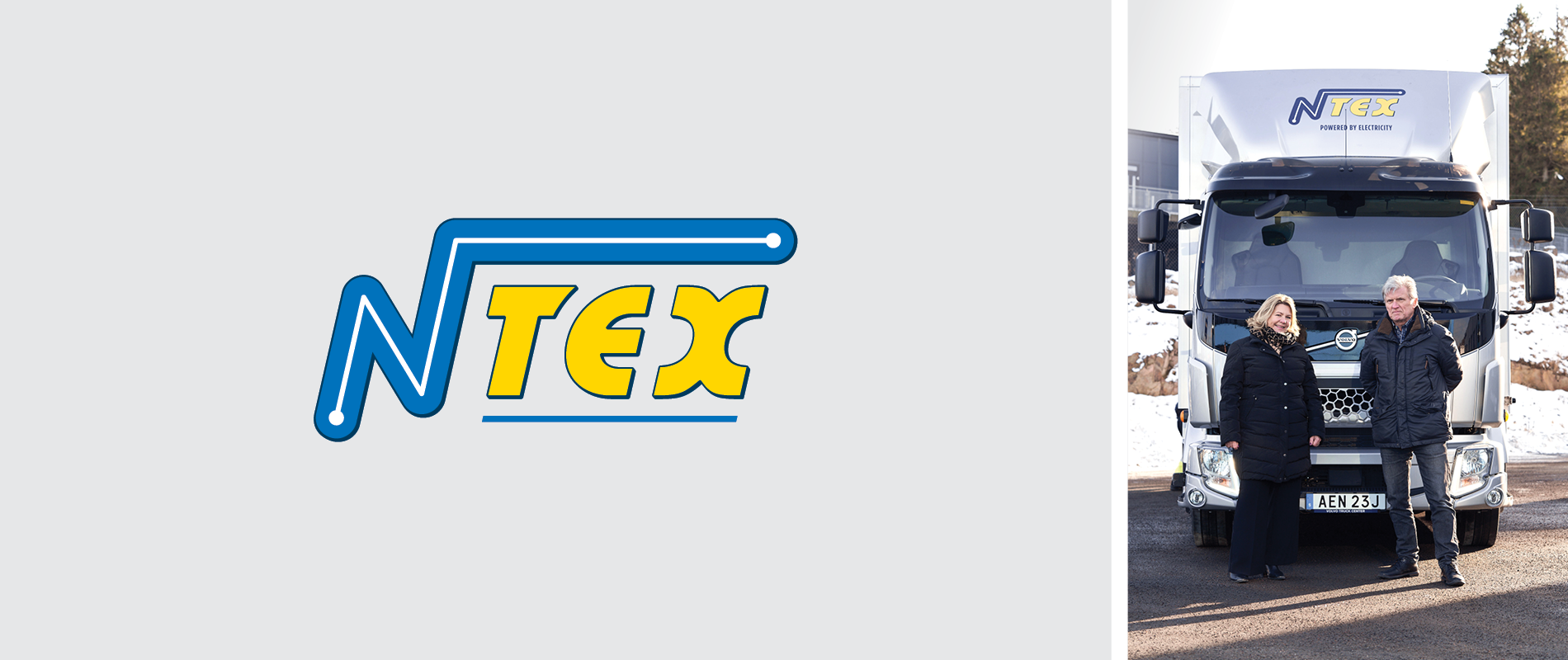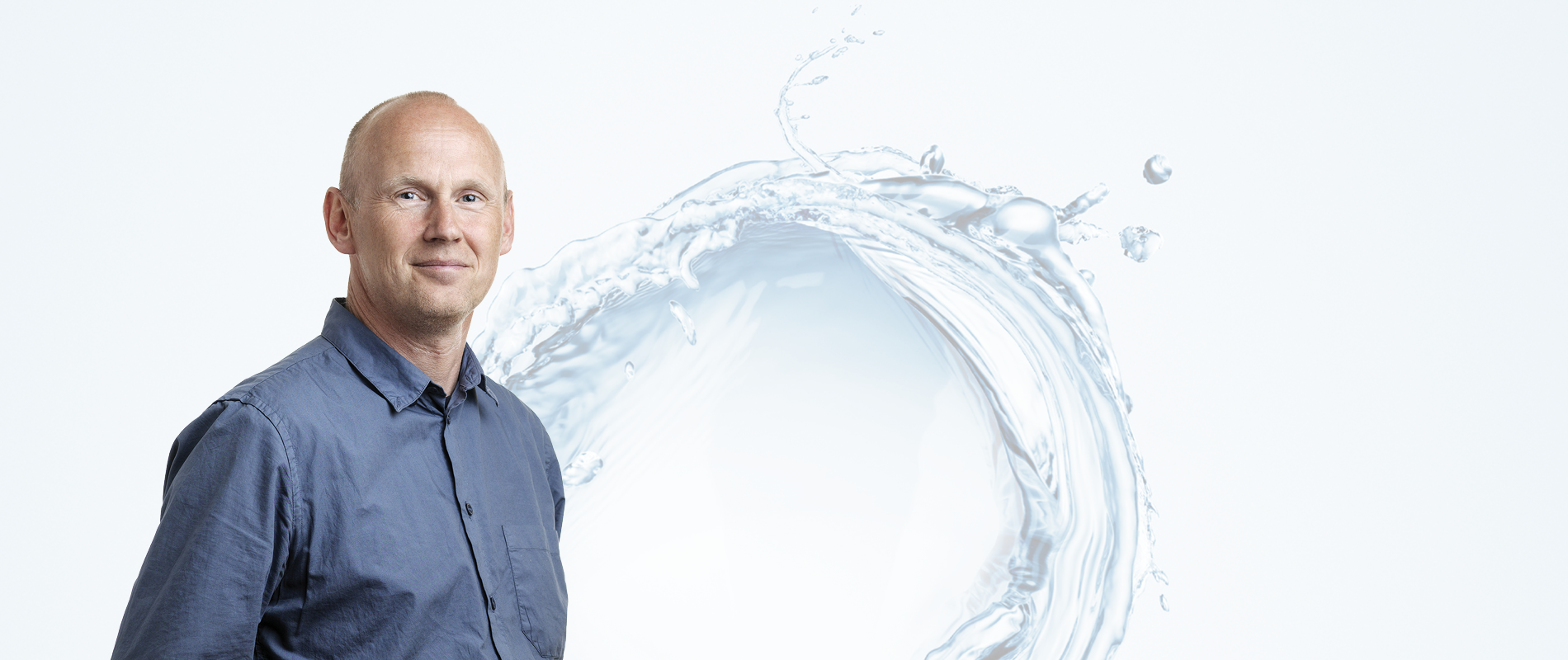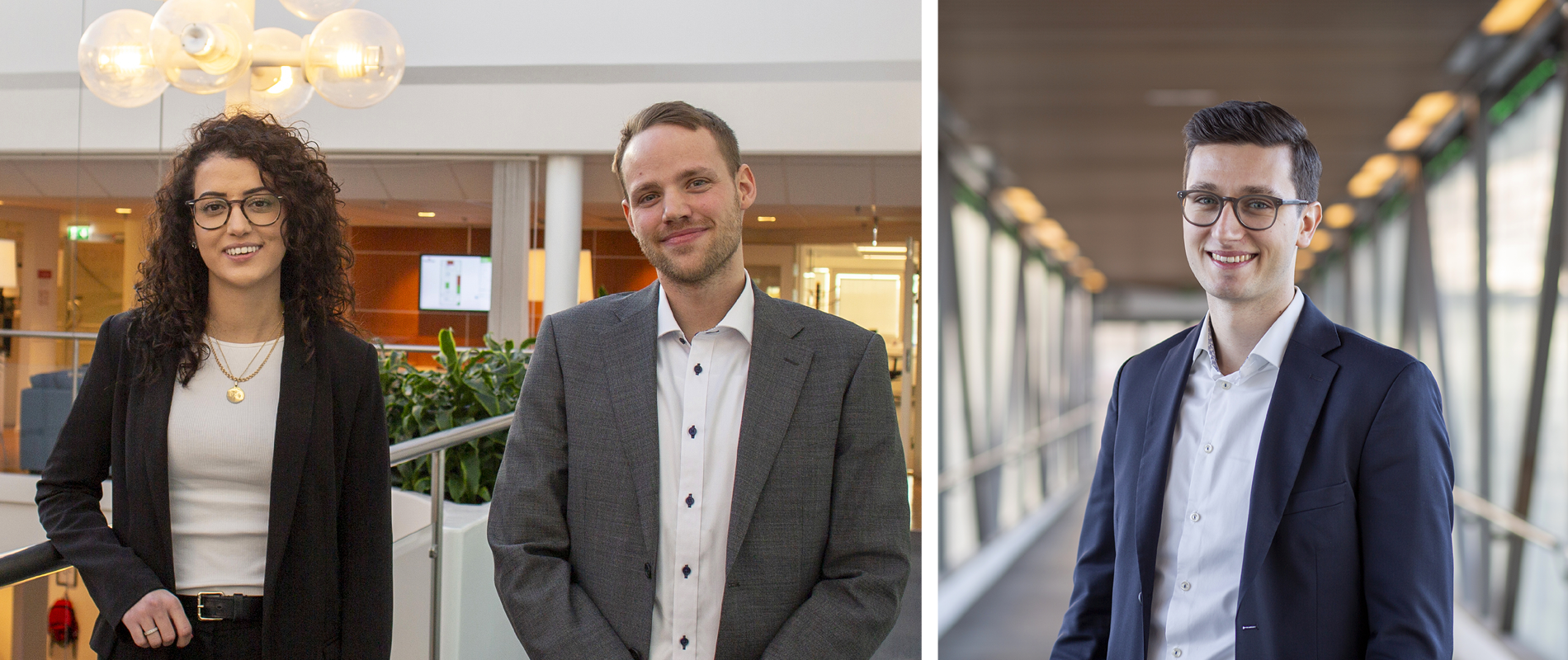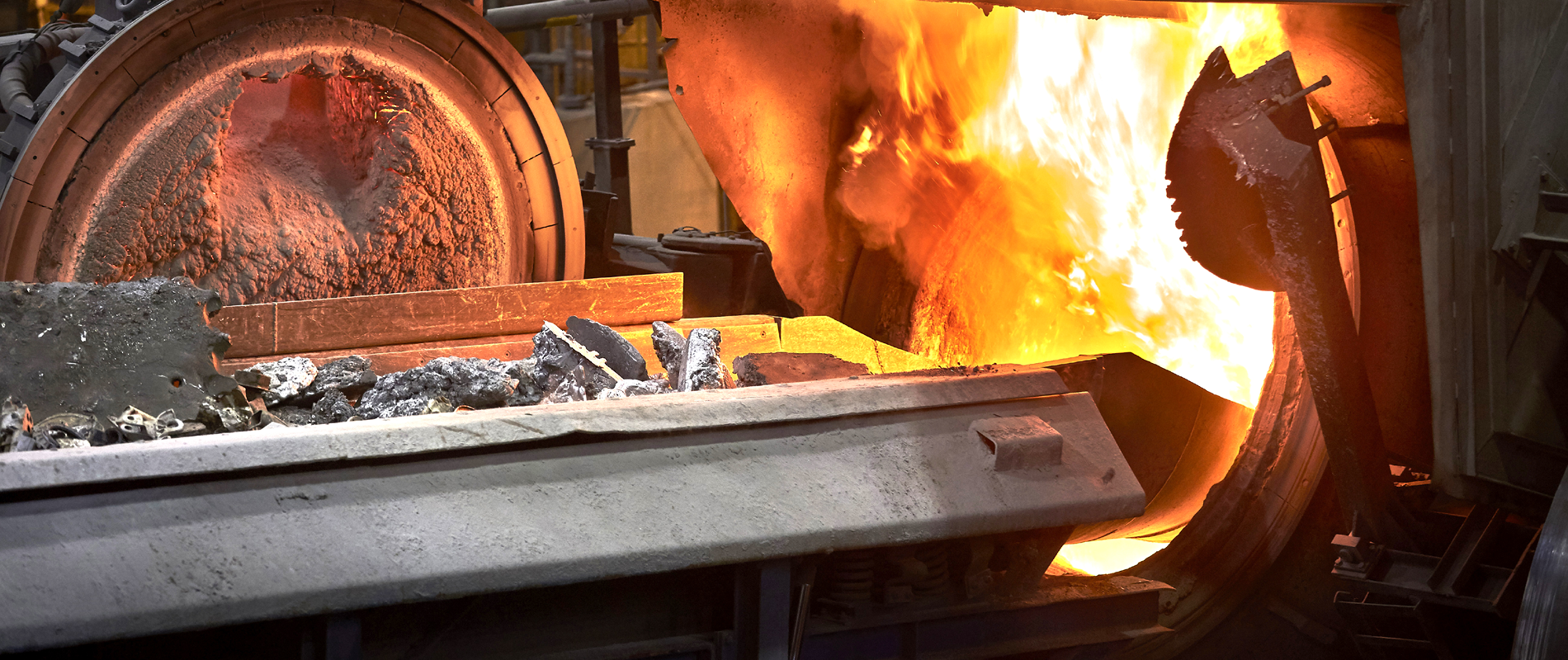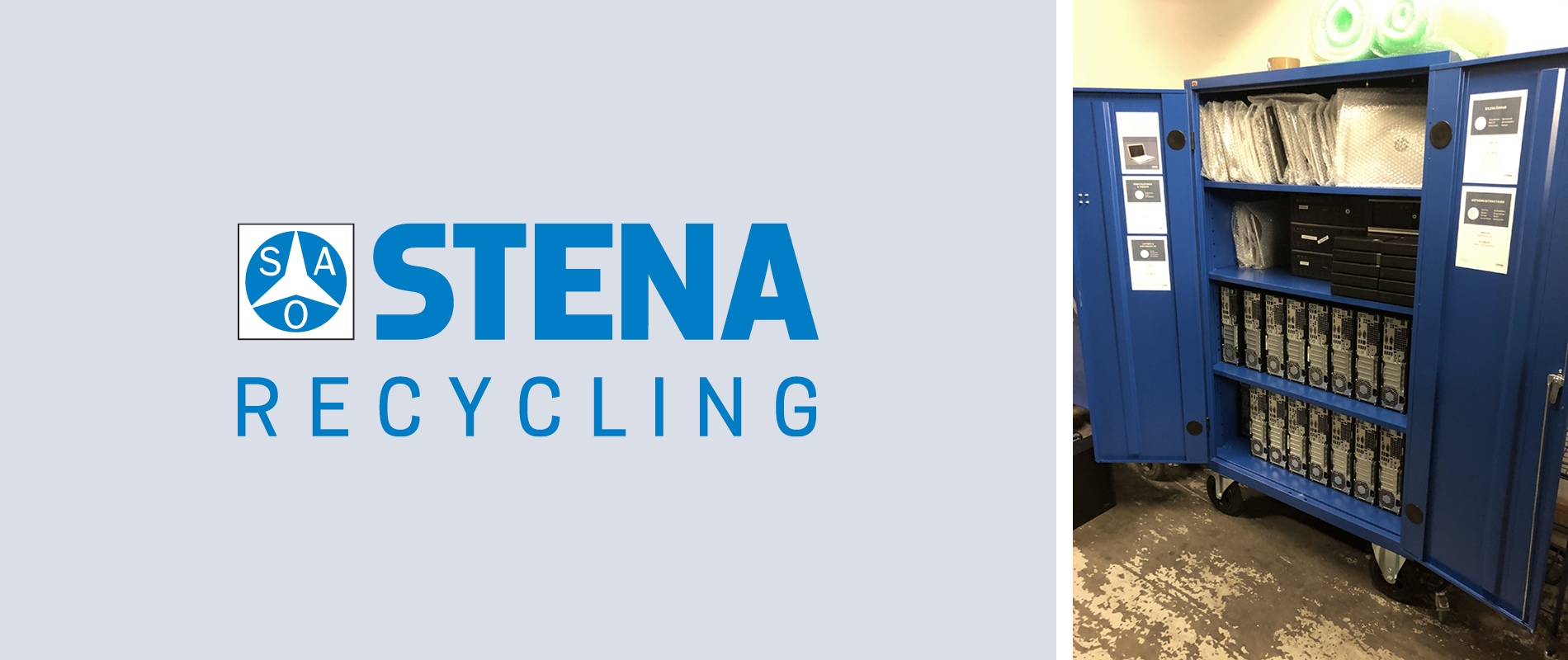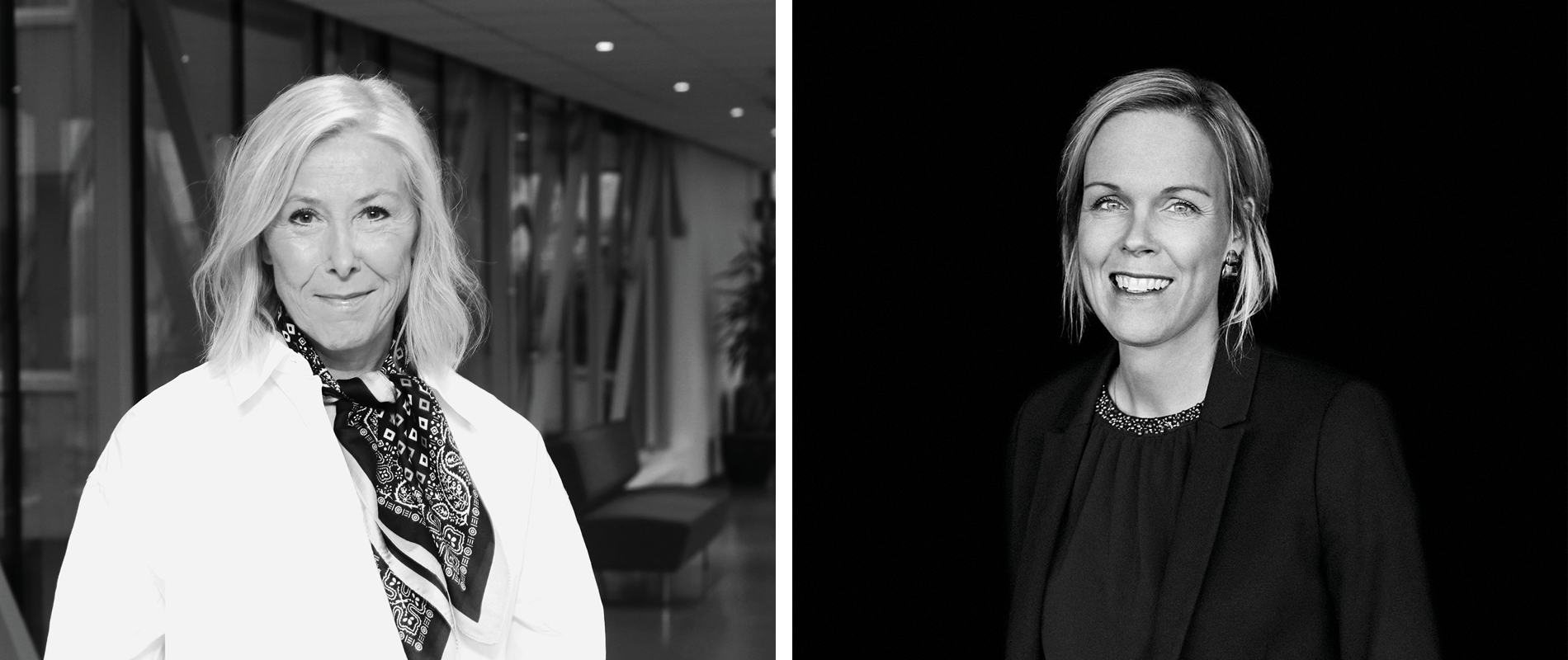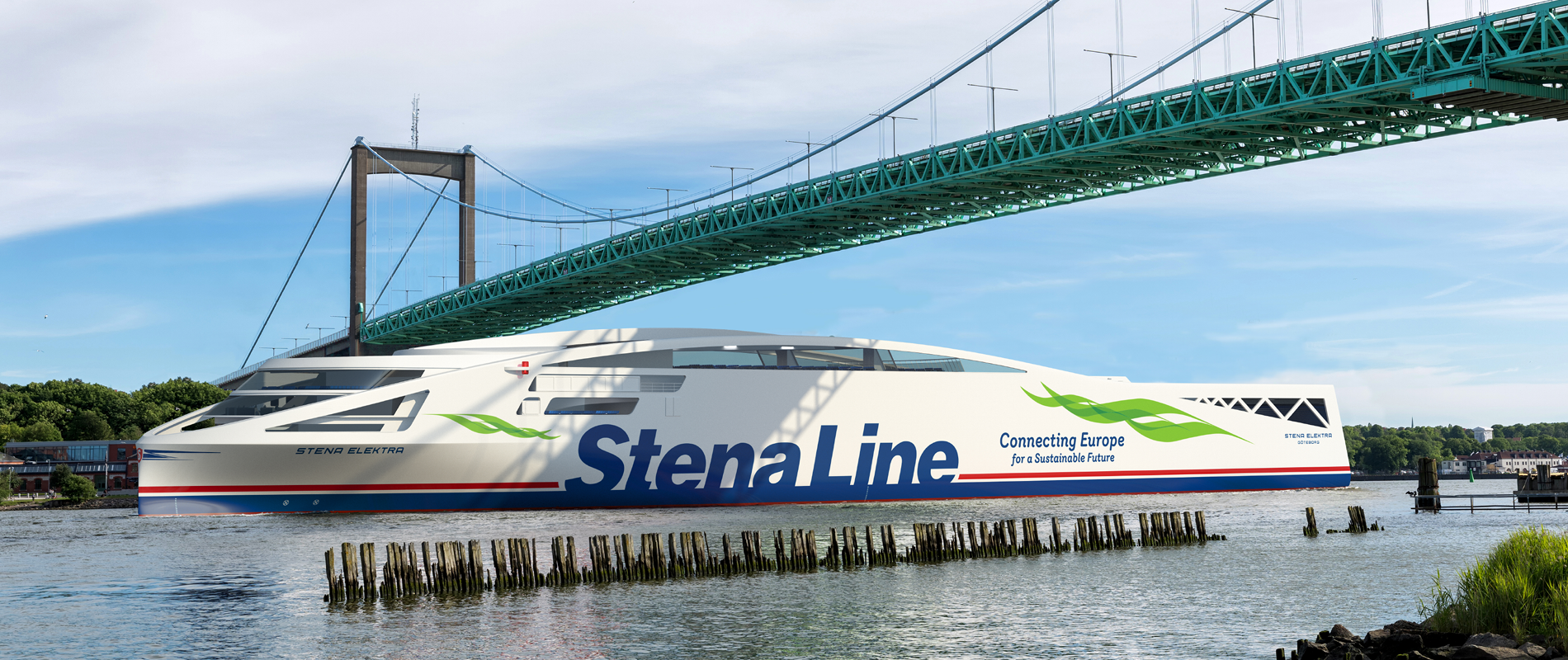Dan Sten Olsson - March 2021
TO LIVE IS RISKY
What you most carefully plan rarely materializes in full. What you do not plan for often surprises you off guard. Being prepared for the unknown must be a prerequisite for a good operation. At the moment, since one year, we are in a very special situation.
- Stena is active in markets that fluctuate a lot. When bad times arrive, my first reaction, has always been:
“Have we done anything wrong? How shall we correct our operation and behavior?” - This time no commercial people could have foreseen the vast consequences of this pandemic.
- Importantly this means we cannot blame anyone nor ourselves for being unprepared.
- We are lucky in the sense that for a long time we have worked a lot to create quality and safe procedures at work. This means that we are aware of all details of our operations and a meticulous job in organizing change facing the new situation has been done quickly. From the first day working from home has thus been possible and has served us amazingly well. Doing the necessary cost cutting and reductions that follow the substantial reduction in volumes that we are experiencing has only been possible thanks to a fantastic loyalty by everyone and the good husbandry instigated over a long previous period of time.
It’s great to see how well we’ve coped with working remotely. Despite that, innovation is taking a negative hit. Planned work is doing fine, but ideas coming by chance are less, when people do not chat at random with each other. Many of us miss the contact with our colleagues and I am grateful for all the efforts made to keep a good spirit and energy up. And on the positive side new ways of working with a mixture of being at the office and at home could attract new talents to enroll with different Stena teams. This could sharpen our communication and capacities in the long term.
By being fully occupied now, doing crisis management, must not prevent us from making efforts to understand the reality of the big long term gradual shifts that are taking place and how to accommodate ourselves to them. I am thinking among others on sustainability issues, future fuels and energy saving.
Sustainability means for me to work in an inclusive manner in everything we do. That is the real meaning of care to me. In caring for people, we shall continue being clear on expected behavior according to Stena values and take actions on deviations. Gender harassment is not a big problem for us. Women though are not well enough represented in all levels of our units. This year every business unit must therefore focus on gender diversity in all recruitments for key positions and in succession planning. In every action we must remember to explore different collaboration opportunities in order to strengthen diversity of perspectives.
Our human relations activities will continue to focus on culture and behaviours, in order to help us being engaged and forward leaning striving for faster learning. Creativity and innovation shall be helped by advice on new modern leadership and new ways of working safeguarding wellbeing. This is complex and not easy. With hope and care we can manage and I shall come back to these issues during this year.
Our efforts to reduce our environmental foot prints are not enough to match future requirements to be put on us by a public getting more and more nervous about the effects of pollution, by miniscule spillages and the threat by CO2 on our climate. Each business has therefore quite difficult innovation objectives for 2021.
In short for shipping they are to develop a new short sea ferry the Stena Elektra to be completely run on batteries as a pathway to zero emissions. Already today we are contemplating an investment case a for battery pack on newbuilds 7 and 8. Concepts for zero emission fuels for deep sea vessels vary, but are far from perfection. Possible but not definite avenues are methanol, hydrogen and ammoniac.
We continue our success to reduce emissions with at least 2% annually for the workloads we perform. During 2021 Stena Property aims to reduce their greenhouse footprint with 8%. By managing five pieces of property by AI algorithms Stena Property expects to start and maintain a new positive trend. The number of railway connections to our ferry terminals are increasing. This year we hope to add two new ones. Our experiments with bio fuels as a transportation fuel renders attention and we hope to conclude ten charters based on bio fuel for this year. By our digital tool Orbit we can support our charterers´ emission reductions. In everything we do we shall encourage customer centric thinking and interaction. Stena Recycling gives eight million tons of CO2 produced content back to society in their recycled material every year. Stena Recycling is also a leader in the Scandinavian countries by recycling dangerous industrial residues in fixed and fluid forms.
The project leading to Stena Renewable electricity generating windfarms started in 2005 Stena Renewable is today the largest privately held on land windfarm operator in Sweden with 113 windfarms in operation and 88 windfarms under construction. In addition, the company has a project pipeline of another 200 windfarms. By starting Batteryloop we hope to develop a strategic pathway for a sustainable, non-asset based, repetitive business. The business idea is to reuse and recycle old batteries.
Since twenty-five years we have worked to create a safe atmosphere and environment for our tenants living in apartments owned by Stena Property. Without getting into details, we shall keep on upscaling the activities in Relation Management to maintain our leading position in this market. For good reason Stena Fastigheter has been awarded Residential Property Company of the Year.
Care is namely our motto in everything we do and on that note.
I want especially to thank all our people onboard our ships and drilling units for your efforts and patience. I realize that being away from your loved ones for longer periods must be especially tough and worrisome in these covid-times. Due to different national restrictions international crew changing is very difficult for many of you, meaning that you’ve had to be away from home much longer than normal.
Dan Sten Olsson
Göteborg February 2021


